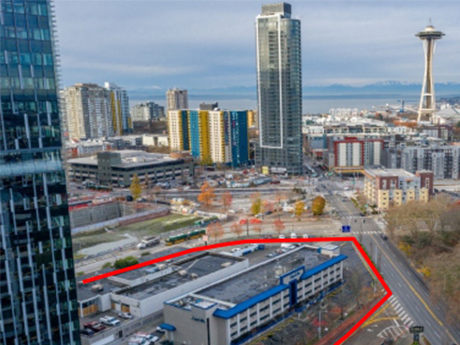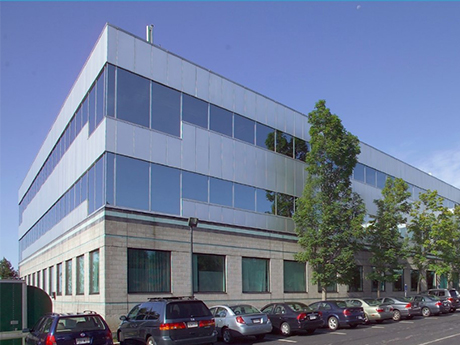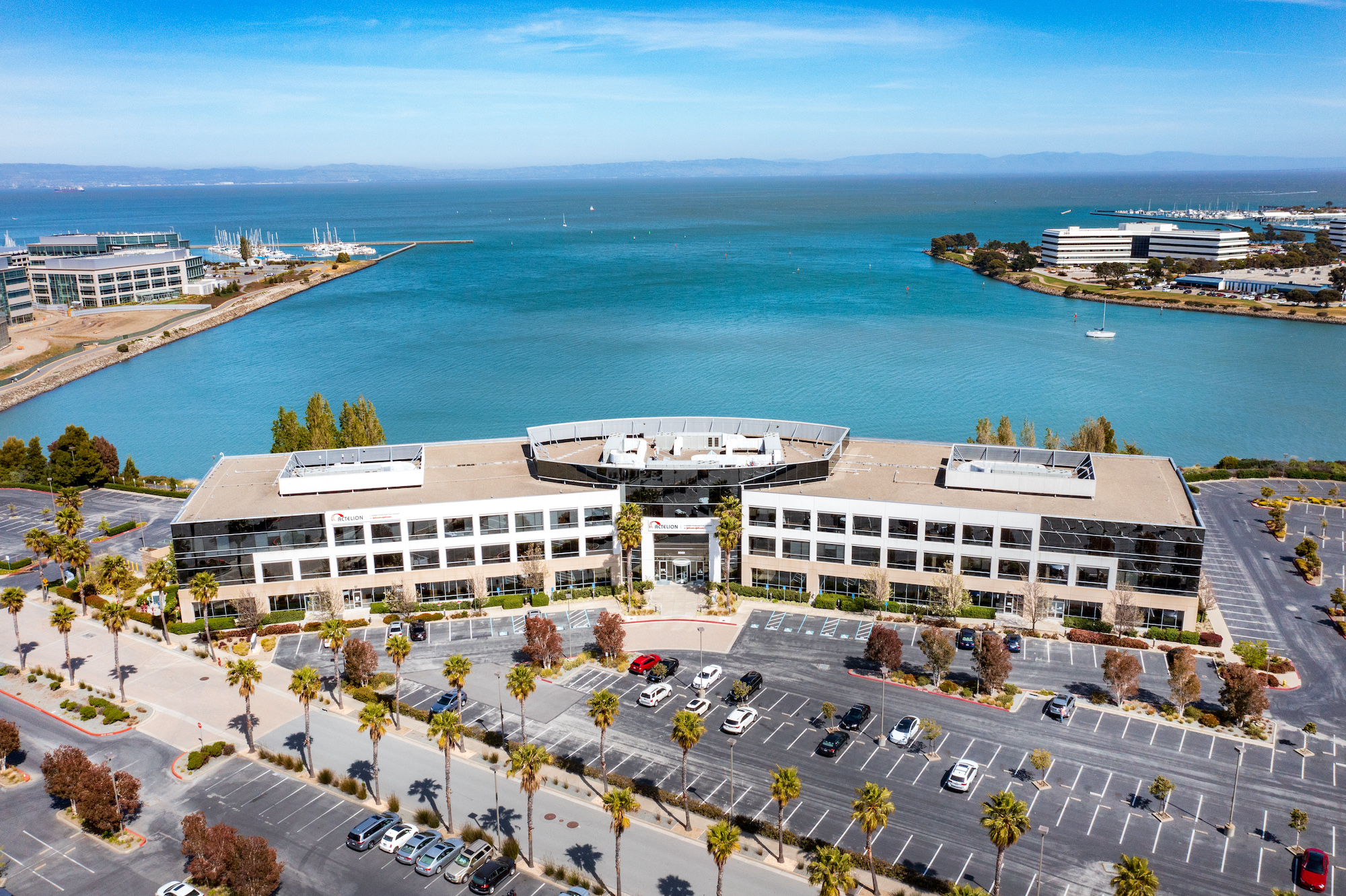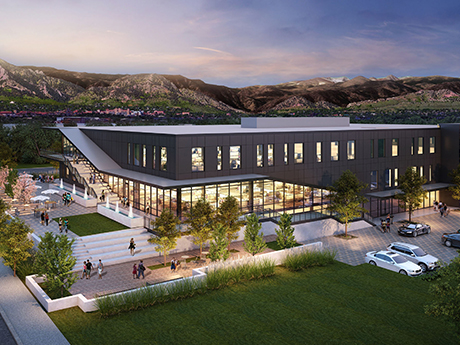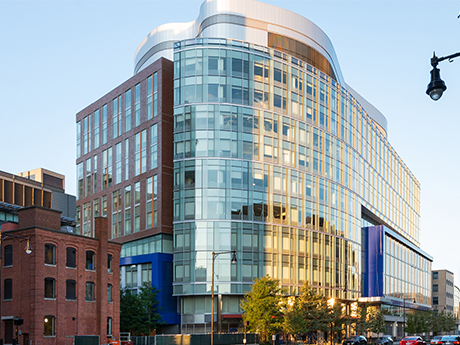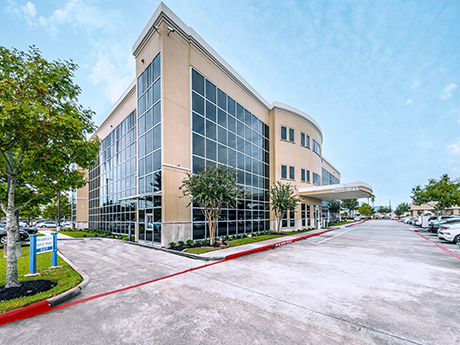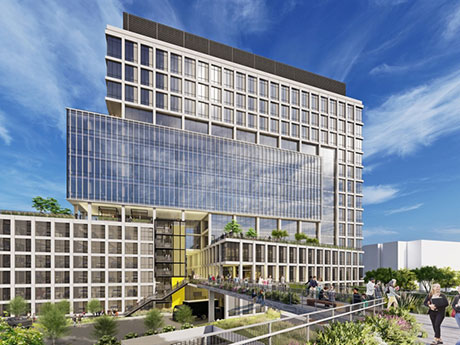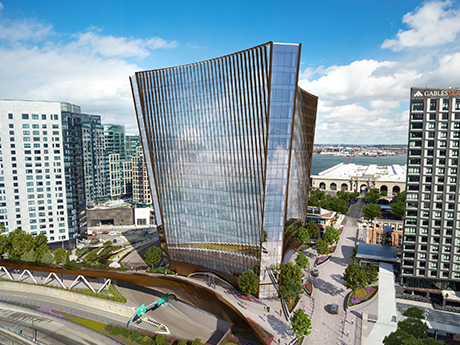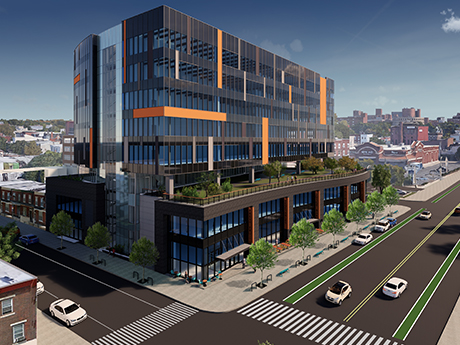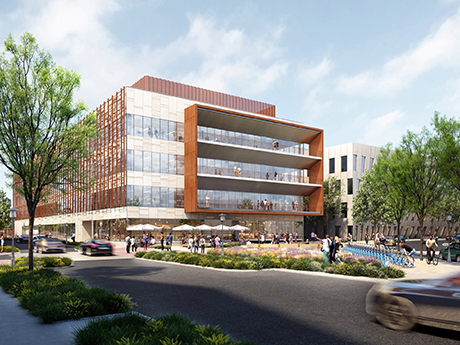SEATTLE — BioMed Realty, a San Diego-based owner-operator of healthcare real estate and a Blackstone portfolio company, has acquired a life sciences development site in Seattle. The sales price was $127 million, according to The Puget Sound Business Journal. BioMed plans to develop 616,000 square feet of life sciences space at the site, which is known as Denny Park South and comprises two adjacent parcels totaling 1.6 acres in South Lake Union/Denny Triangle neighborhood. The location is also near a variety of healthcare facilities and research institutions, notes Jon Bergschneider, president of West Coast markets at BioMed Realty. “The South Lake Union/Denny Triangle cluster is flush with renowned research institutes like the University of Washington School of Medicine, Gates Foundation, Fred Hutchinson Cancer Research Center and the Allen Institute, as well as large tech users such as Amazon, Meta and Apple,” he says. Following this development, BioMed’s life sciences portfolio in Seattle, which includes the recently completed flagship Dexter Yard project in South Lake Union, will total approximately 1.8 million square feet. A tentative construction timeline for the Denny Park South project was not disclosed. The acquisition of Denny Park South follows BioMed’s purchase of T6 Innovation Center, located at …
Life Sciences
WESTWOOD, MASS. — A partnership between two New York City-based investment firms, Outshine Properties and Jadian Capital, has acquired a 164,695-square-foot office building in the southern Boston suburb of Westwood with plans to convert the property to a life sciences facility. The sales price was $32 million. The four-story building is currently 73 percent leased to seven tenants. Robert Griffin, Edward Maher, Matthew Pullen and Samantha Hallowell of Newmark represented the seller, L&B Realty Advisors, in the transaction. William Sleeper, also with Newmark, arranged acquisition financing for the deal through J.P. Morgan. The new ownership expects to deliver 140,000 square feet of prebuilt lab space in the second quarter of 2023.
DivcoWest Acquires 143,383 SF Office Building in South San Francisco, Plans Life Sciences Conversion
by Amy Works
SOUTH SAN FRANCISCO, CALIF. — DivcoWest has purchased 5000 Shoreline, a three-story, Class A office building located on 8.5 waterfront acres at 5000 Shoreline Court in South San Francisco. The buyer plans to convert the property, which is vacant, into a life sciences asset. The seller was not disclosed. DivcoWest plans to upgrade the base building improvements, utilities, electrical and mechanical components, and covert the existing structure to a warm shell condition to accommodate life sciences tenancy. Once base building modifications are complete, DivcoWest plans to complete market-ready upgrades to the interiors to be able to offer prospective tenants turn-key office and laboratory suites. Mike Walker and Brad Zampa of CBRE Capital Markets’ Debt & Structured Finance group arranged $124 million in acquisition and conversion financing for DivcoWest. The three-year, nonrecourse, floating-rate loan was secured through a European investment bank.
BOULDER, COLO. — BioMed Realty, a San Diego-based owner-operator of healthcare real estate and a Blackstone portfolio company, has acquired Flatiron Park, a 1 million-square-foot office and life sciences campus in Boulder, a northwestern suburb of Denver. The sales price was not disclosed, but The Wall Street Journal reports that BioMed Realty paid more than $600 million for the property. JLL represented the seller, a joint venture between Crescent Real Estate, Goldman Sachs Asset Management and Lionstone Investments, in the transaction. BioMed Realty plans to invest about $200 million in capital improvements to the campus, an endeavor that is expected to create about 400 local construction jobs. Flatiron Park consists of 22 buildings that were approximately 90 percent leased at the time of sale. The buildings range in size from approximately 15,000 to 133,000 square feet. BioMed officials say that the campus will “anchor” its presence in the greater Denver area, which the company says has an exceptionally talented workforce “Boulder has always been a market to watch, driven by highly educated talent, robust capital flow, an existing base of life sciences and tech pioneers and great quality of life,” says Mike Ruhl, vice president of leasing at BioMed Realty. …
BOSTON — CBRE Investment Management has acquired a partial interest in 100 Binney, a 432,932-square-foot life sciences building in Boston’s Kendall Square neighborhood. The percentage of the interest was not disclosed. The 10-story building was constructed in 2018 and was fully leased at the time of the sale, with pharmaceutical giant Bristol Myers Squibb serving as the anchor tenant. Robert Griffin, Edward Maher, Matthew Pullen and Samantha Hallowell of Newmark represented the undisclosed building owner/seller in the recapitalization deal and procured CBRE Investment Management as the buyer.
WEBSTER, TEXAS — CBRE has brokered the sale of The Webster Medical Office & Life Sciences Campus, a two-building, 94,506-square-foot facility located in the southeastern Houston suburb of Webster. The campus was built between 2006 and 2008 and was fully leased at the time of sale. Biomedical conglomerate Catalent anchors the roster of 11 tenants with a 32,000-square-foot space, and other users include Centre for Neuro Skills (CNS), Texas Skin Center, Texas ENT, Arthritis Relief Centers and ProActive Physical Therapy Centers. Lee Asher, Chris Bodnar, Jordan Selbiger, Ryan Lindsley, Sabrina Solomiany, Zack Holderman and Brandy Bellow Spinks of CBRE represented the seller, a joint venture between Virtus Real Estate Capital and Lincoln Property Co., in the transaction. The buyer and sales price were not disclosed.
ATLANTA — Trammell Crow Co. (TCC) and its residential subsidiary High Street Residential (HSR), along with Georgia Advanced Technology Ventures (GATV), have closed on ground leases and are ready to begin construction on the first phase of a life sciences and multifamily development adjacent to Atlanta’s Georgia Institute of Technology campus. Formerly known as Technology Enterprise Park, the site is now named Science Square. The first phase will include TCC’s Science Square Labs, a 364,740-square-foot speculative lab and office tower. The lab project is the only ground-up commercial lab space under construction in the Atlanta market, according to TCC. Phase I will also include HSR’s 280-unit multifamily building, the firm’s first residential development in Atlanta. The multifamily component will include shared parking and ground-floor retail space. Designed by Perkins + Will, Science Square Labs will rise 13 stories with 35,558-square-foot floor plates. The facility will also feature ground-floor retail space and amenities such as a fitness center, conference space, indoor-outdoor tenant lounge and outdoor amenity deck. TCC is seeking LEED and WELL certifications for the property and plans to incorporate View Dynamic Glass, which controls ultraviolet and visible light from entering the building without blinds. Additionally, the project will feature …
BOSTON — On behalf of Boston Global Investors, JLL has arranged $542.5 million in financing for 10 World Trade, a 555,250-square-foot speculative life sciences project in Boston’s Seaport District. The financing package consists of a $382.5 million construction loan from an undisclosed life insurance company and $160 million in joint venture equity contributions from PGIM Real Estate and Wheelock Street Capital. Designed by Sasaki, the 17-story building will house office and life sciences users on floors three through 17, while the ground floor will feature a two-story public atrium with a 45-foot domed ceiling, a food hall and a garden lounge. Sitework began recently, and completion of the project is slated for late 2024. Anthony Cutone and Andrew Gray of JLL structured the financing on behalf of the borrower. JLL has also been retained to lease the building.
PHILADELPHIA — A partnership between developer Silverstein Properties, New York City-based investment firm Cantor Fitzgerald and University Place Associates has topped out 3.0 University Place, a 250,000-square-foot life sciences building in Philadelphia’s University City neighborhood. Construction of the eight-story lab and office building began in May 2021. The Sheward Partnership designed the project. Ben Franklin Technology Partners has already signed a lease to open an incubation lab and coworking facility at 3.0 University Place. The opening is scheduled for the fourth quarter.
PHILADELPHIA — A joint venture between Ensemble Real Estate Investments, Mosaic Development Partners and Oxford Properties Group has broken ground on a 137,000-square-foot life sciences project at the Philadelphia Navy Yard. The project is being developed on a speculative basis for cell and gene therapy users and will be able to support tenants with space requirements ranging in size from 5,000 to 35,000 square feet. CRB is designing the project. A completion date was not disclosed.


